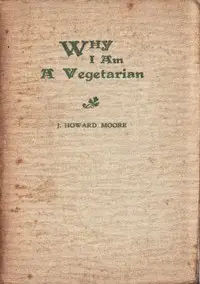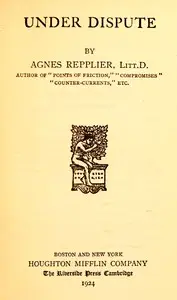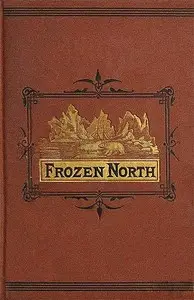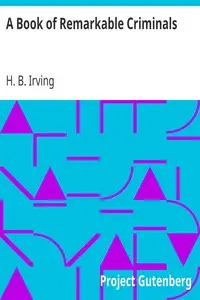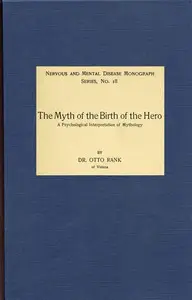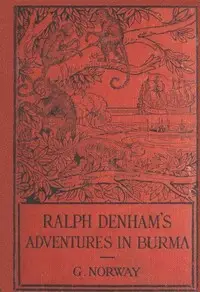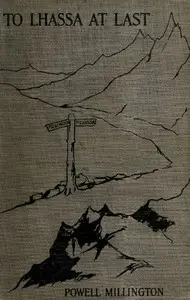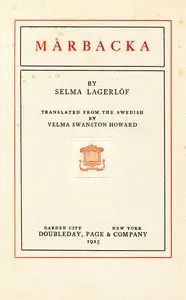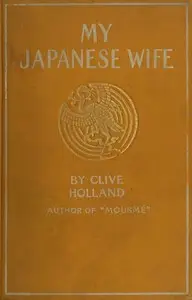"The Universal Kinship" by J. Howard Moore is a scientific exploration written in the early 20th century. The work presents a thesis advocating for the interconnectedness of all life on Earth, with a particular emphasis on the relationship between humans and other animals. It challenges the traditional notion of man's superiority, arguing instead for a shared kinship that spans all forms of life. The beginning of the work introduces the foundation of Moore's argument by discussing man's classification as an animal and a vertebrate. He reflects on his earlier educational experiences, revealing a gradual realization of humanity's true place within the animal kingdom. This opening portion sets the stage for Moore's exploration of various aspects of physical kinship, highlighting the biological similarities between humans and other species while criticizing the enduring biases that separate humanity from the rest of nature. The narrative is filled with both personal reflection and scientific inquiry, paving the way for a deeper examination of ethical and psychical connections among all living beings. (This is an automatically generated summary.)
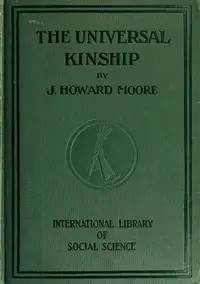
The Universal Kinship
By J. Howard (John Howard) Moore
"The Universal Kinship" by J. Howard Moore is a scientific exploration written in the early 20th century. The work presents a thesis advocating for th...
John Howard Moore was an American zoologist, philosopher, educator, and social reformer. He was best known for his advocacy of ethical vegetarianism and his pioneering role in the animal rights movement, both deeply influenced by his ethical interpretation of Darwin's theory of evolution. Moore's most influential work, The Universal Kinship (1906), introduced a sentiocentric philosophy he called the doctrine of Universal Kinship, arguing that the ethical treatment of animals, rooted in the Golden Rule, is essential for human ethical evolution, urging humans to extend their moral considerations to all sentient beings, based on their shared physical and mental evolutionary kinship.

